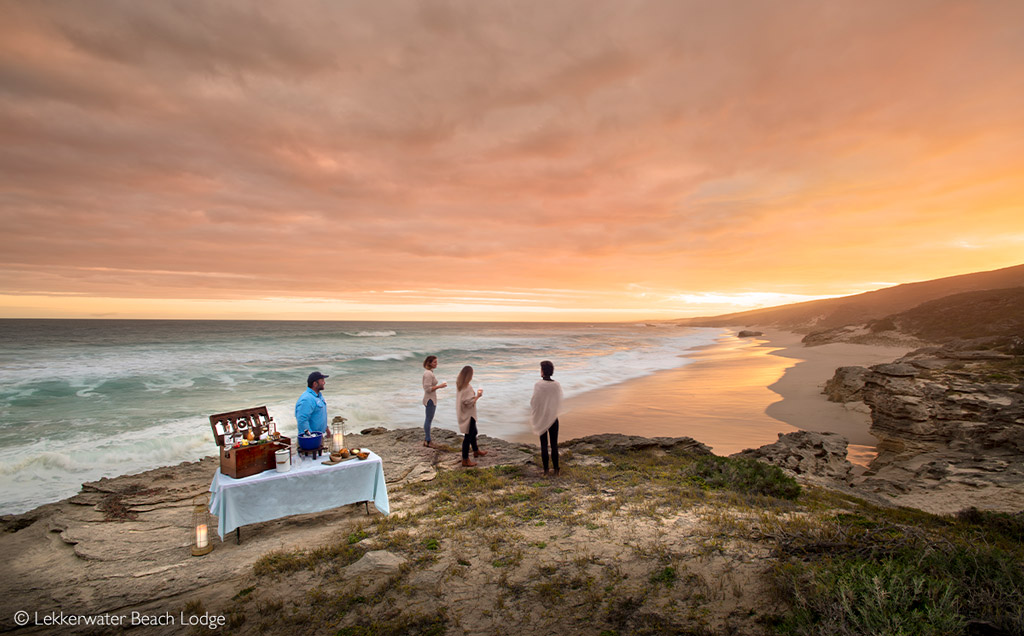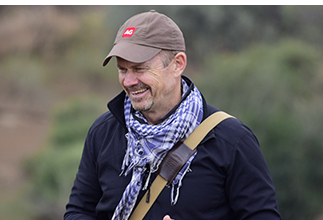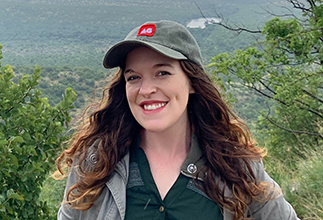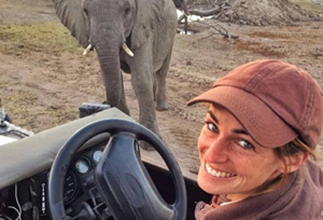
This is a copy of our weekly email newsletter. Subscribe here to receive the newsletter.
Tragedy in Kasungu + Selati Game Reserve + cross-country SA safari

It’s complicated.
Yes, safari lodges in popular, easy-to-reach areas create enormous conservation benefits locally, BUT the lodge tourism industry does little for the vast remote areas where Africa’s biodiversity is being stripped away at an alarming rate. Yes, some trophy hunting operations do safeguard remote ecosystems for a while from the threats of habitat loss and human-wildlife conflict – BUT what good is that if they leave for more lucrative opportunities after having shot out the free-roaming lions, leopards and big-tusked elephants? Botswana’s European Union-enforced veterinary fences, which surround the Okavango Delta, have helped generate huge wealth for the export beef industry BUT shredded migrating wildebeest and zebra wildlife populations. Translocating elephants to areas denuded by poaching is a good thing for elephants – BUT not always for local people (our story below refers). I could go on, but hopefully, you get my point. If solutions so often peddled on social media for Africa’s conservation issues are simple, then perhaps their promoters don’t understand the problems?
Our mission is to help you understand the real issues that impact our wildlife and people. Celebrate the good stuff, but also be aware of the issues that play out all day, every day, at ground level. Safari njema!
Keep the passion

Simon Espley – CEO, Africa Geographic
From our Editor – Taryn van Jaarsveld

AG strives to celebrate and support conservation successes. But conservation is a complex web of biodiversity, politics and socio-economics, where difficult choices require a diverse approach.
In August, we reported on the successful cross-country translocation of 263 elephants from Liwonde National Park into Kasungu National Park, both in Malawi. But tripling the population of elephants in Kasungu – a partly fenced area – has had tragic consequences for some of the park’s neighbours. Gail Thomson has penned a heart-breaking account on the human-elephant conflict resulting from Kasungu’s growing elephant population. See our first story below.
In our second story, we explore an alternative South African safari destination for nature enthusiasts in search of seclusion and unique experiences. Just outside Greater Kruger, Selati Game Reserve is a Big-5 haven, and home to the rarest cycad on Earth – the Lillie cycad. The reserve is also home to specials like sable, and offers guests the chance to take part in conservation activities. Read more about magical Selati in our second story below.
Happy celebrating Africa to you all!

Story 1
https://africageographic.com/stories/the-tragic-human-cost-of-some-elephant-translocations/
HUMAN-ELEPHANT CONFLICT
Communities near Kasungu National Park face tragic losses following the introduction of new elephant herds to the national park
Story 2
https://africageographic.com/stories/selati-game-reserve/
BIG-5 HAVEN
Selati is a secret Big 5 safari haven on the outskirts of Greater Kruger. It is also home to specials like sable & the rarest cycad on earth
From our Scientific Editor – Jamie Paterson

I hesitated somewhat with this week’s fact on the basis that I like snakes, and I dislike feeding into the hysteria that surrounds them. But did you know that scientists estimate nearly 9,000 people die from snake bites every year in Mozambique? And that is an underestimate.
It is an enormous number and is probably echoed across many African rural areas. So as tempting as it may be to emphasise the principle that snakes are more afraid of us than we are of them and should be protected (which is, of course, true), we also need to acknowledge the impact they have on people’s lives. The same applies to any human-wildlife conflict. Rural populations don’t need trite platitudes or condescending implications that their lives are worth less than those of animals. They need resources – in this case, improved medical infrastructure, training and access to antivenom.
And if having read this, you are keen on contributing to this process (albeit in South Africa), you can download our app and donate to Save the Snakes.

 WATCH: Find out why Kenya is still top of many an ardent safari-goer’s list in this brief celebration of the quintessential Kenyan safari (00:45). Click here to watch
WATCH: Find out why Kenya is still top of many an ardent safari-goer’s list in this brief celebration of the quintessential Kenyan safari (00:45). Click here to watch
To comment on this story: Login (or sign up) to our app here - it's a troll-free safe place 🙂.![]()






